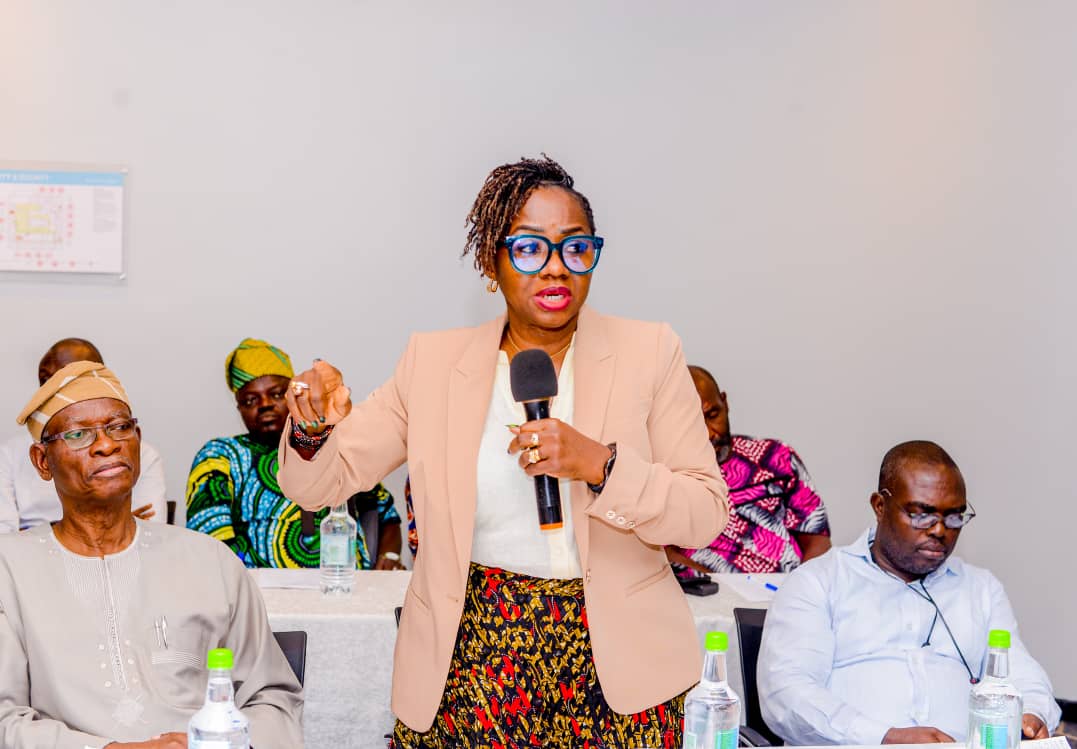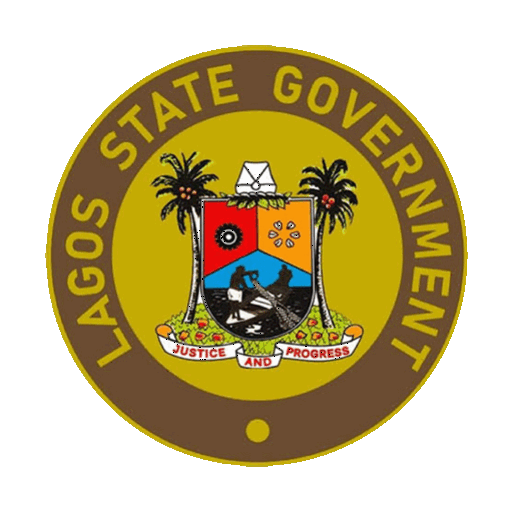
SA, OCCE Reaffirms Lagos’ Commitment to Evidence-Driven EESG Framework
Lagos, May 7th, 2025.
The Special Adviser to the Governor on Climate Change and Circular Economy, Mrs. Titilayo Oshodi, has reaffirmed Lagos State’s unwavering commitment to an evidence-driven Environment, Economic, Social, and Governance (EESG) framework that puts research, community engagement, and climate innovation at the center of planning and policy.
Speaking at a climate research dissemination workshop at the University of Lagos, Mrs. Oshodi emphasized that the government is deliberate about grounding climate and development policies in data, local realities, and scalable innovations. According to her, “Our commitment to an evidence-based EESG framework ensures we are not building climate solutions in isolation, but from the ground up, connecting the people, their environment, and their economy.” She made this statement while addressing a gathering of researchers, students, and community leaders during the Centre for Housing and Sustainable Development’s event on Strengthening Community-Led Innovations for Climate Resilience through Formal Planning Systems.
Mrs. Oshodi reaffirmed this commitment to strengthen the synergy between government, grassroots knowledge, and formal research institutions. She noted that lasting climate solutions must come from a foundation of reliable data, local innovations, and inclusive participation, especially from informal communities.
Citing examples like the Clean Cookstove Initiative and Eco-Circulate, Mrs. Oshodi highlighted how Lagos is already deploying projects that reflect EESG principles in action. The clean cookstove project, for instance, tackles health, energy, equity, and environmental sustainability, all while directly addressing household-level emissions and empowering women. Similarly, the Eco-Circulate programme demonstrates how waste can be reimagined into opportunity through community engagement, recycling incentives, and circular economy models.
She explained that government commitment to such a framework would improve the current climate adaptation strategy in Lagos by:
- Bridging policy with research and community data,
- Prioritizing the needs of informal communities often excluded from formal planning, and
- Ensuring that innovation from the grassroots level is not only recognized but scaled.
“This work cannot be done in silos,” Mrs. Oshodi asserted. “Policy must speak with research. Government must walk with grassroots leaders. Formal systems must be informed by informal realities.”
The Lagos State Government believes that this approach will lead to more responsive policies, community-owned climate actions, and stronger integration of informal settlements into the city’s climate resilience plans. It also promotes a culture of co-creation, where evidence, rather than assumptions, guides investment and strategy.


